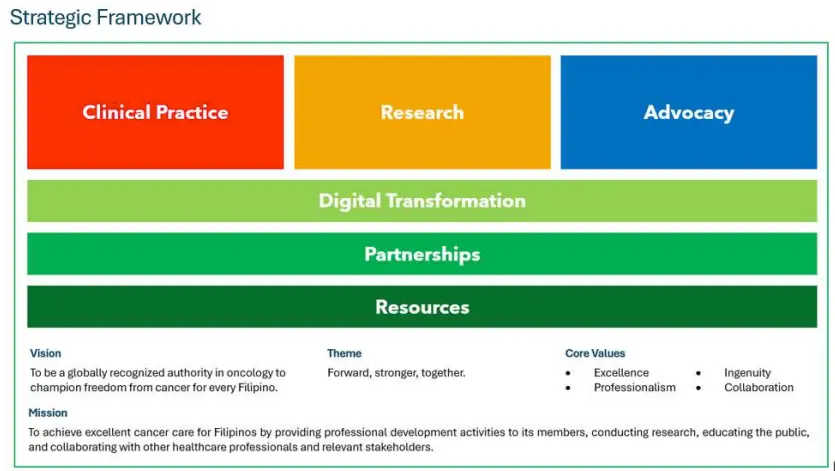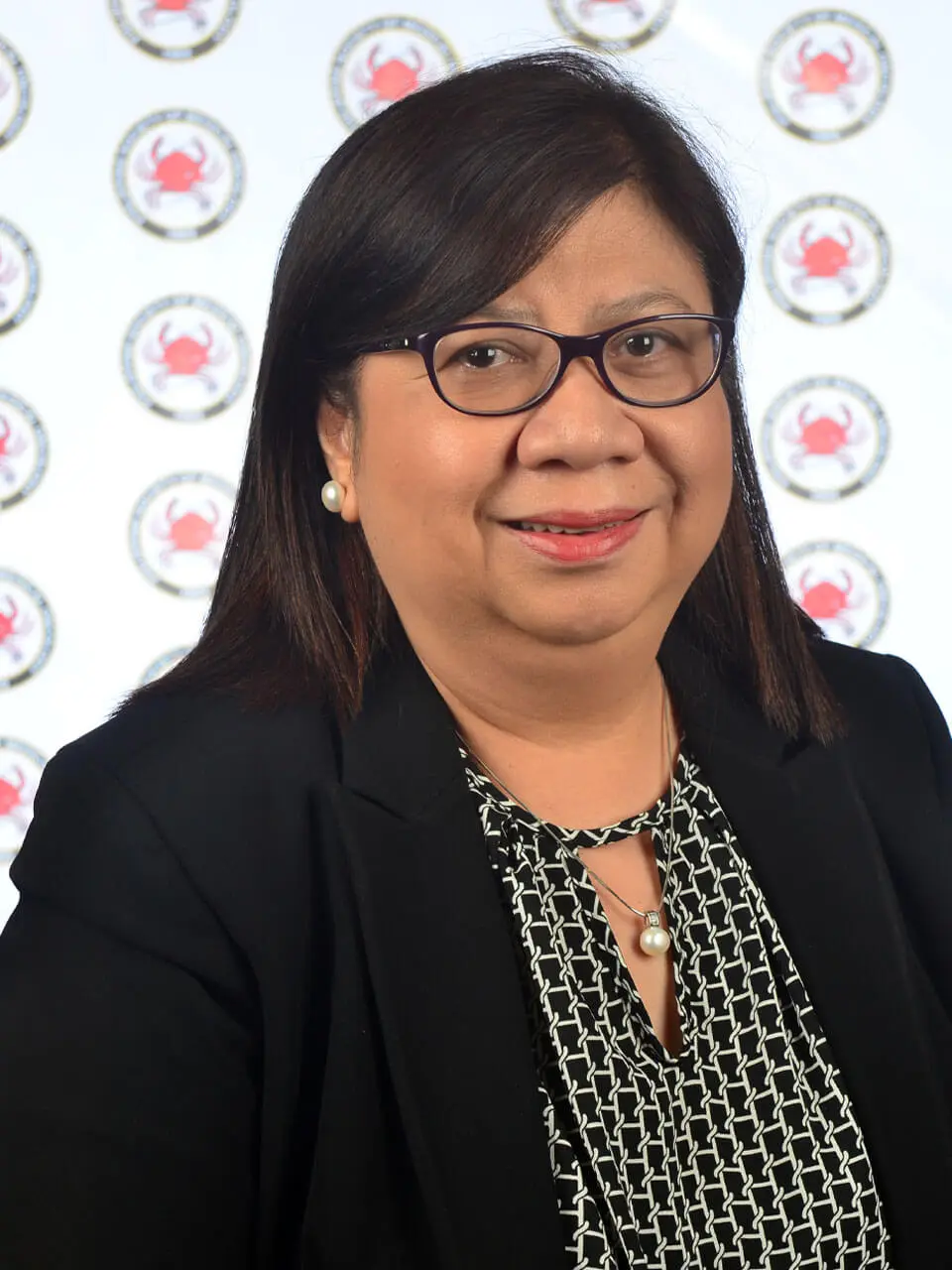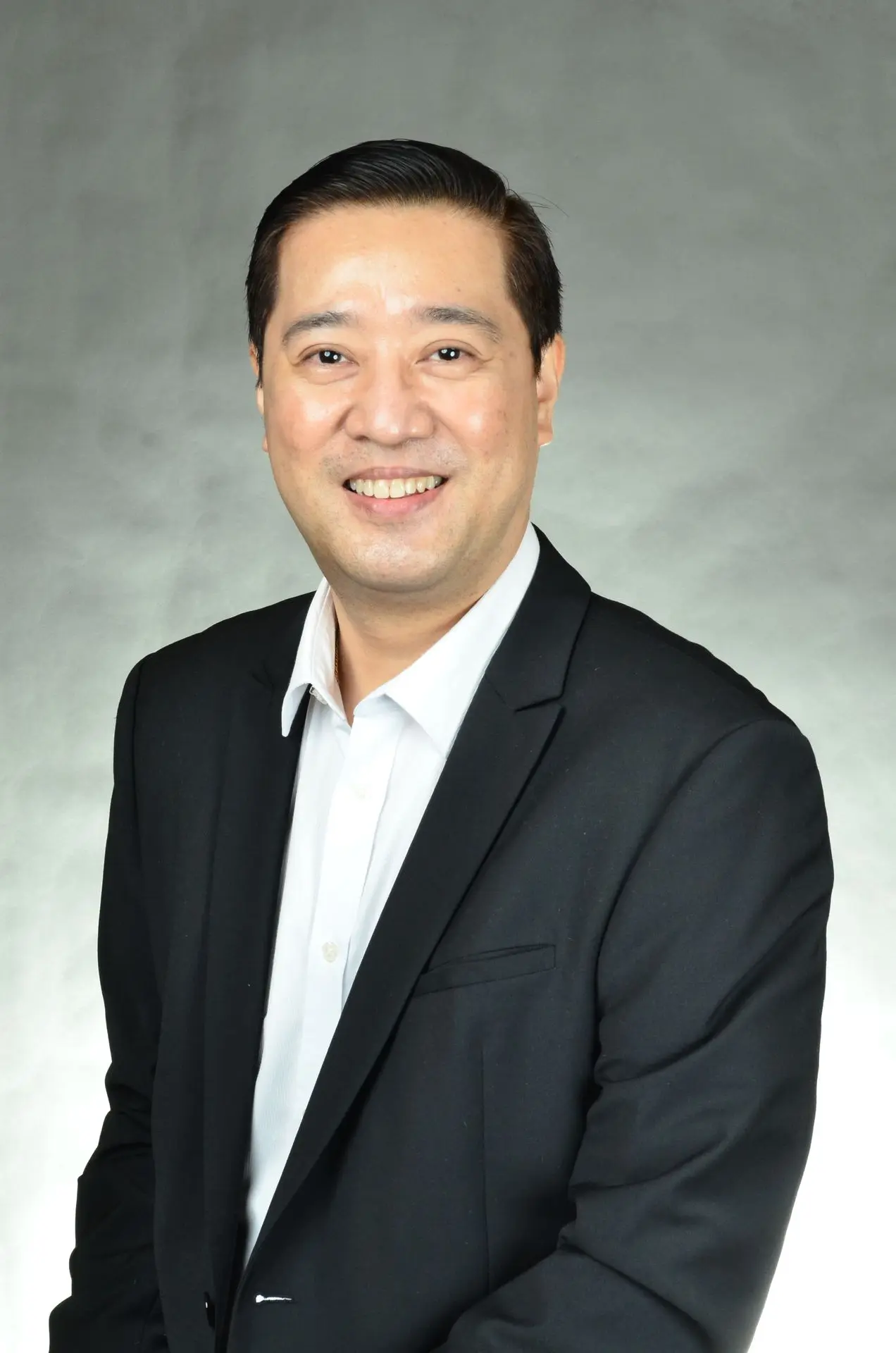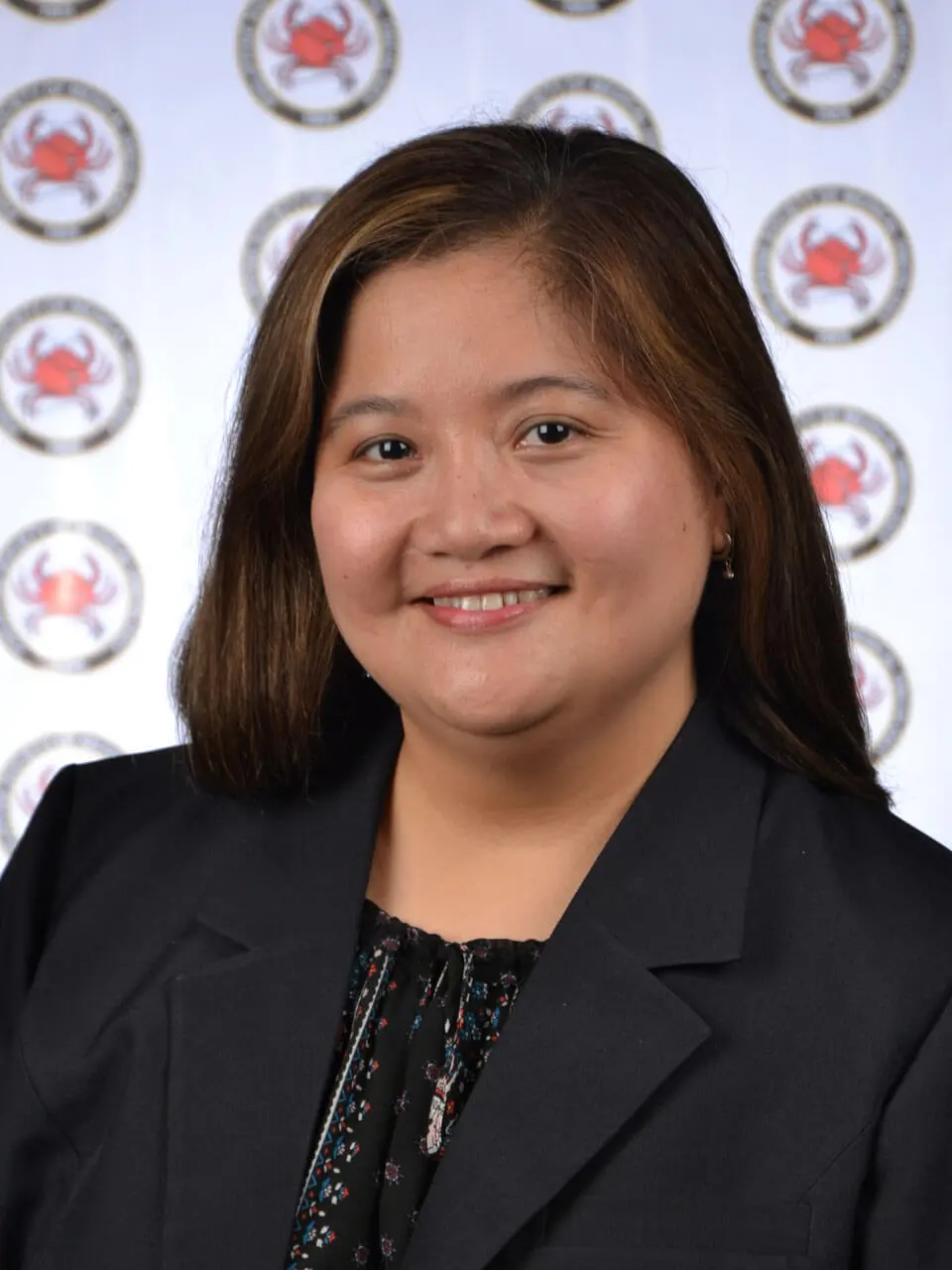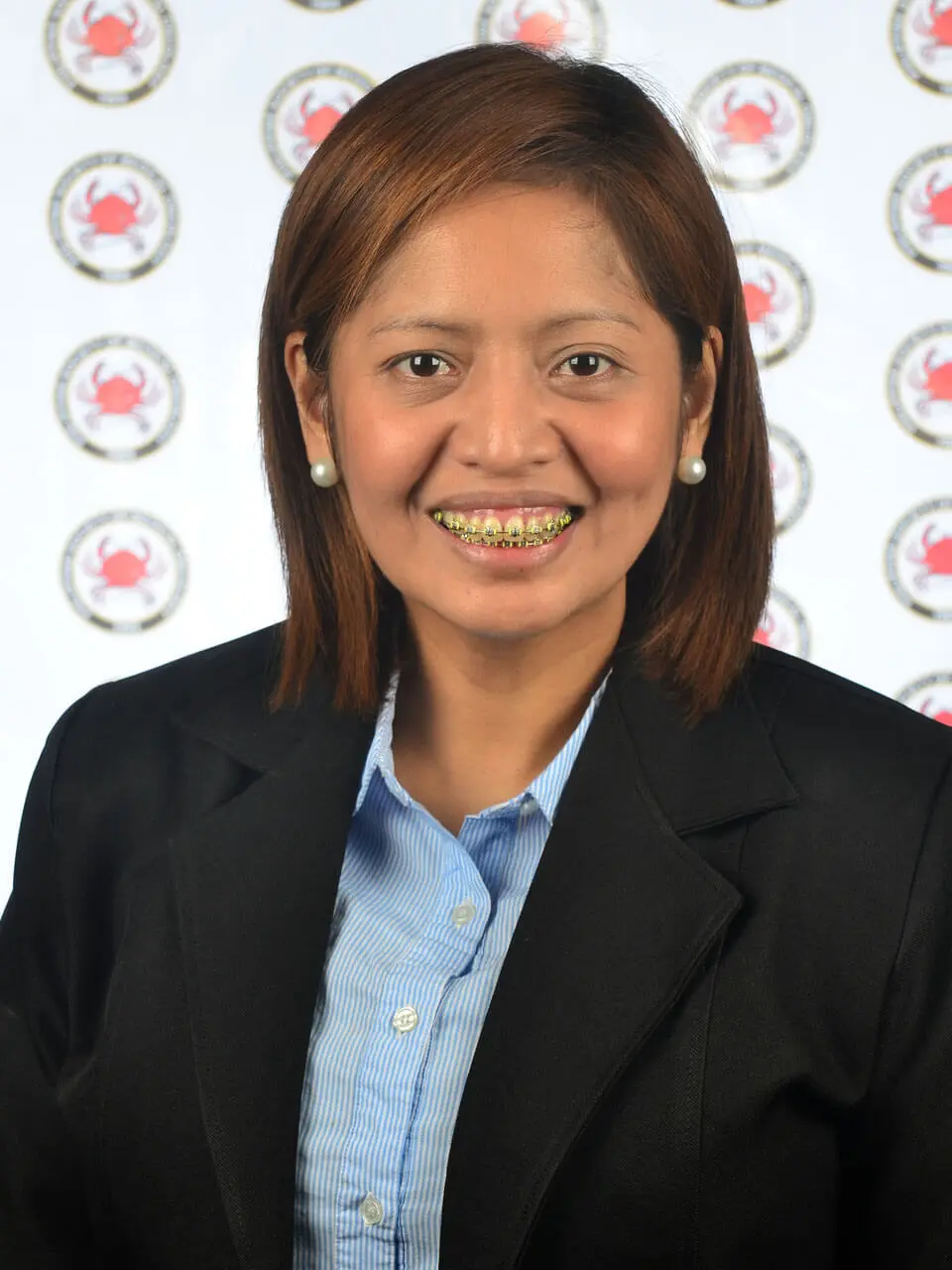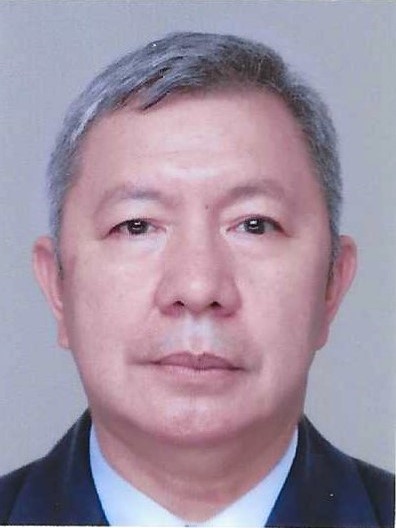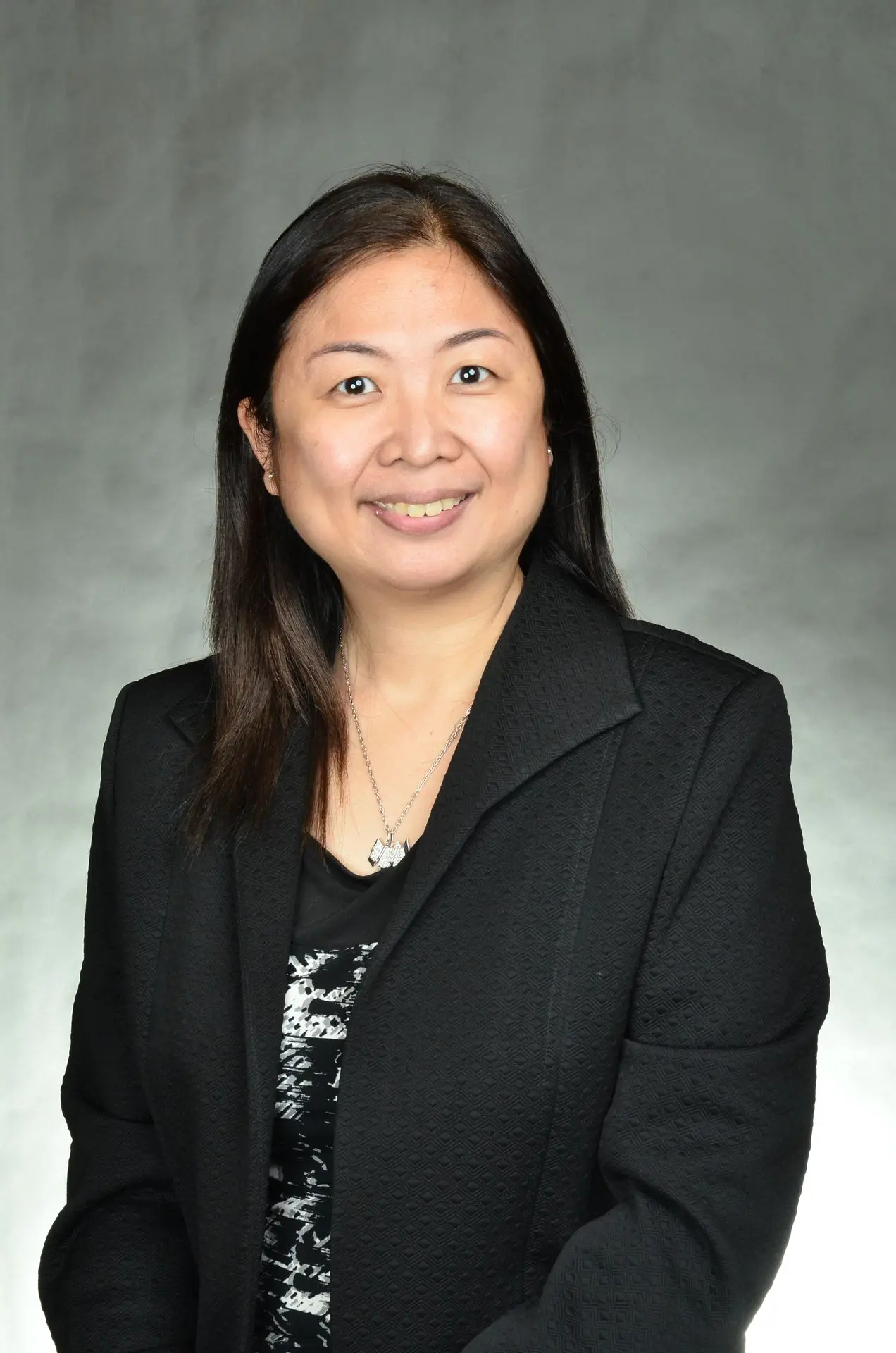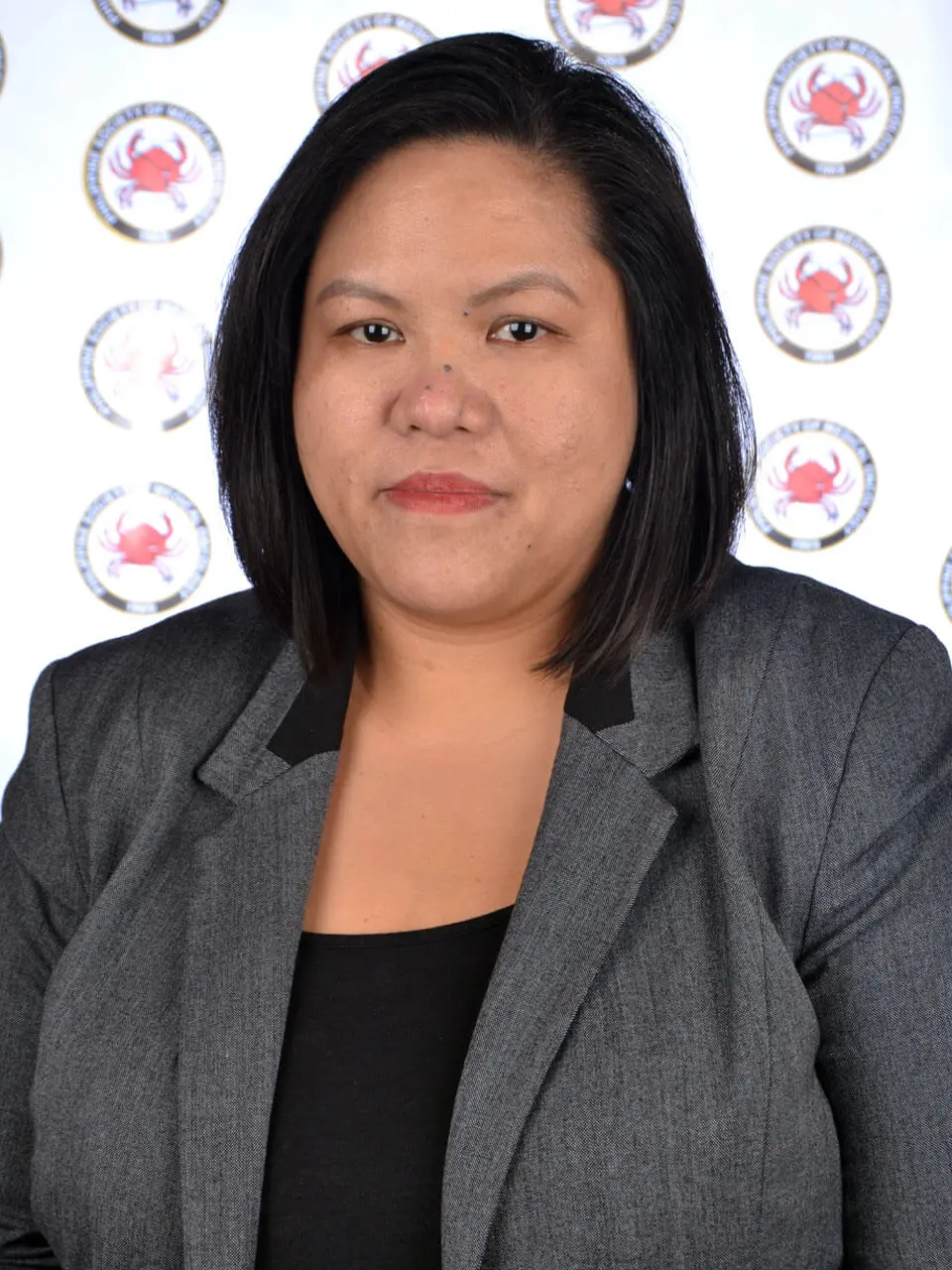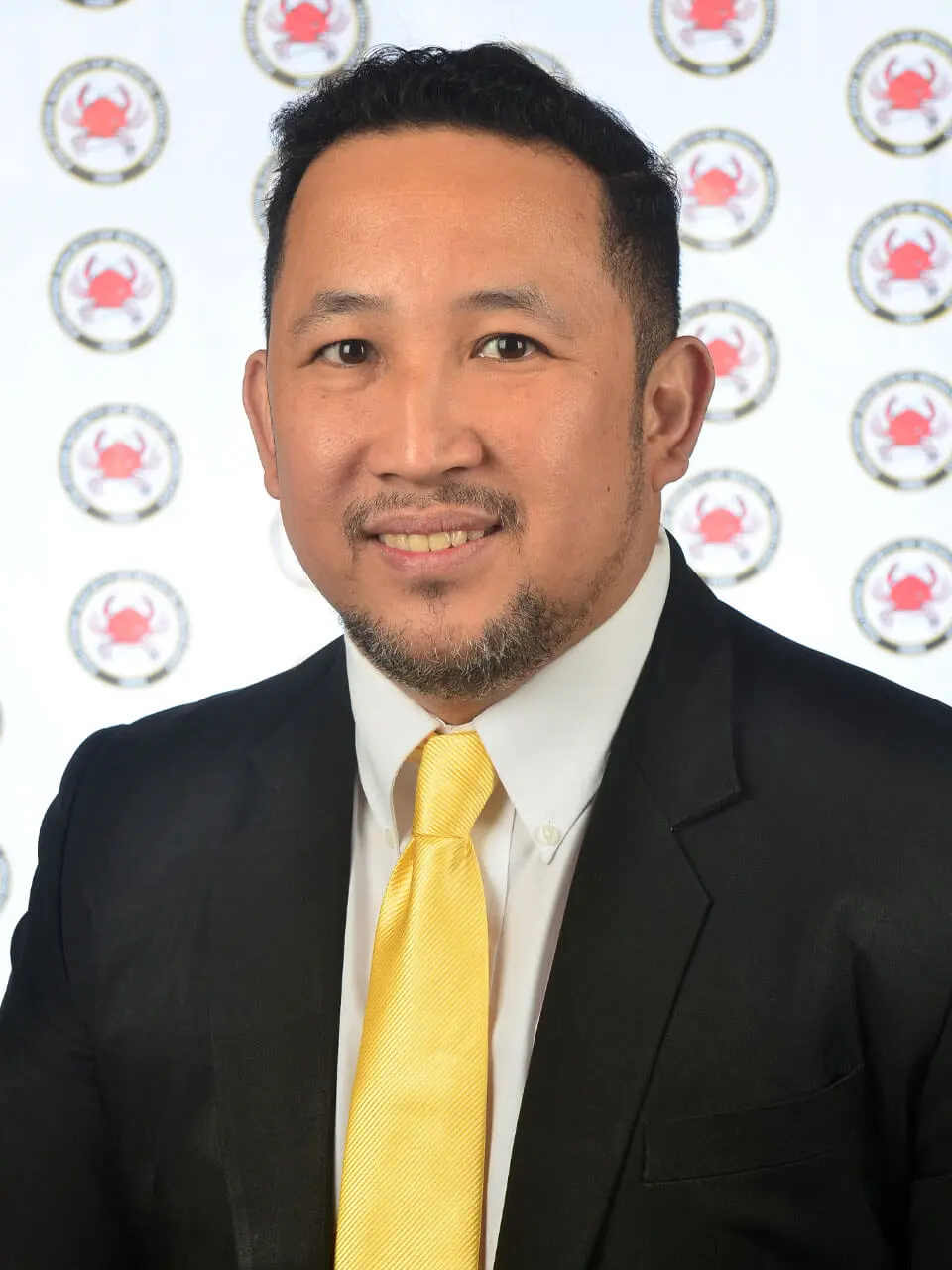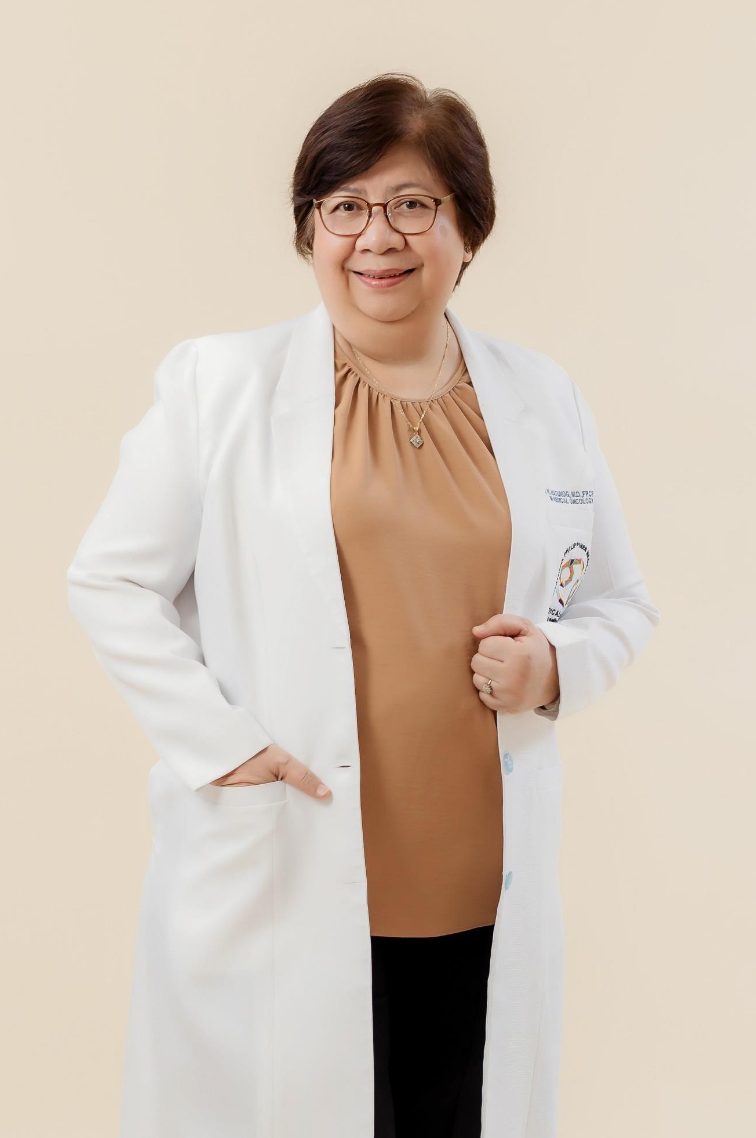
In this new year, we eagerly embrace the opportunity to build upon our collective strengths, refine our strategies, and make an even greater impact in the fight against cancer. Our theme for the year, “Forward, Stronger, Together,” perfectly encapsulates our mission.
Forward. Our commitment to excellence in cancer care remains steadfast. In 2025, we will enhance our pursuit of excellence in clinical practice, expedite impactful research, and advocate for policies that benefit both patients and healthcare practitioners. By pushing beyond traditional boundaries, we will continue to lead and innovate in oncology, bringing hope and improved outcomes to those we serve.
Stronger. This year, we are committed to fortifying our internal processes and governance. By implementing more efficient workflows, ensuring prudent financial management, and supporting transparency, we will lay a robust foundation for sustainable growth. Together, we can enhance PSMO’s resilience and readiness to face future challenges, making us an even stronger organization.
Together. We are reminded of the core of our mission: to serve with unwavering dedication and purpose. By leveraging partnerships and fostering collaboration, we will accelerate meaningful actions that make a tangible difference. Working together with our colleagues, stakeholders and communities, we strive to fulfill our shared goals of improving lives and creating a healthier future for all. United in our efforts, we will make meaningful progress and lasting change.
Let’s embark on this journey with passion, purpose, and pride. Each step we take fortifies our commitment to making PSMO a shining example of excellence and advocacy in cancer care.
Let us make 2025 a year of remarkable achievements and positive change!
CHITA I. NAZAL-MATUNOG, MD
PRESIDENT
PHILIPPINE SOCIETY OF MEDICAL ONCOLOGY



